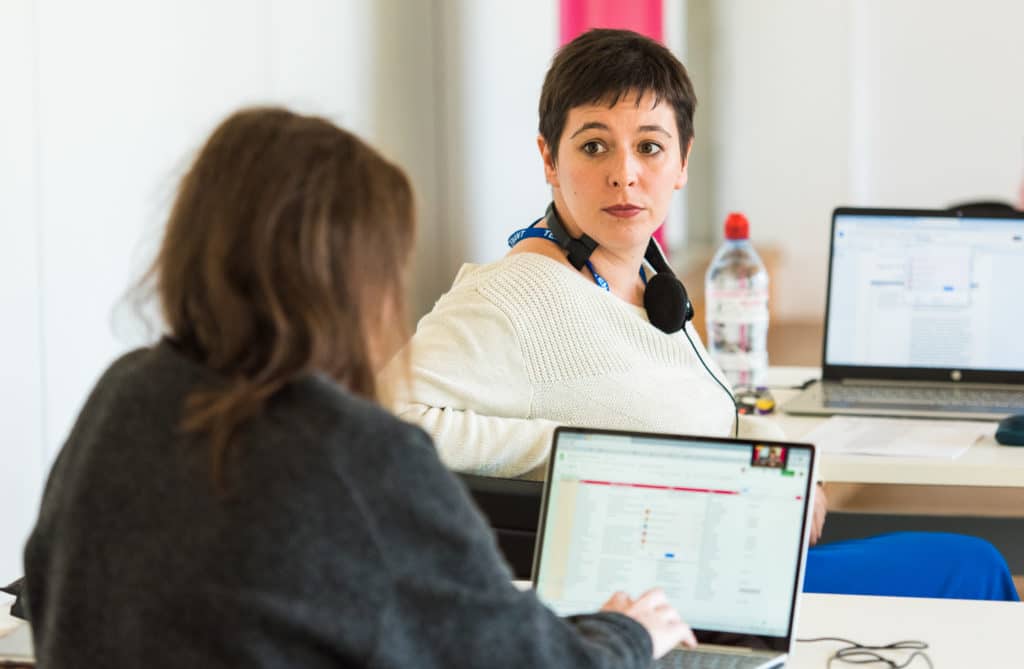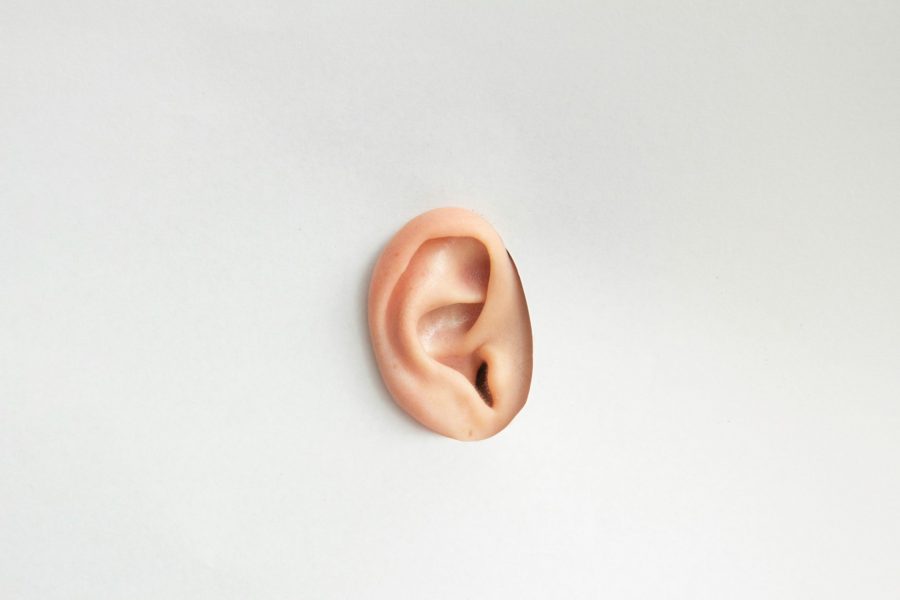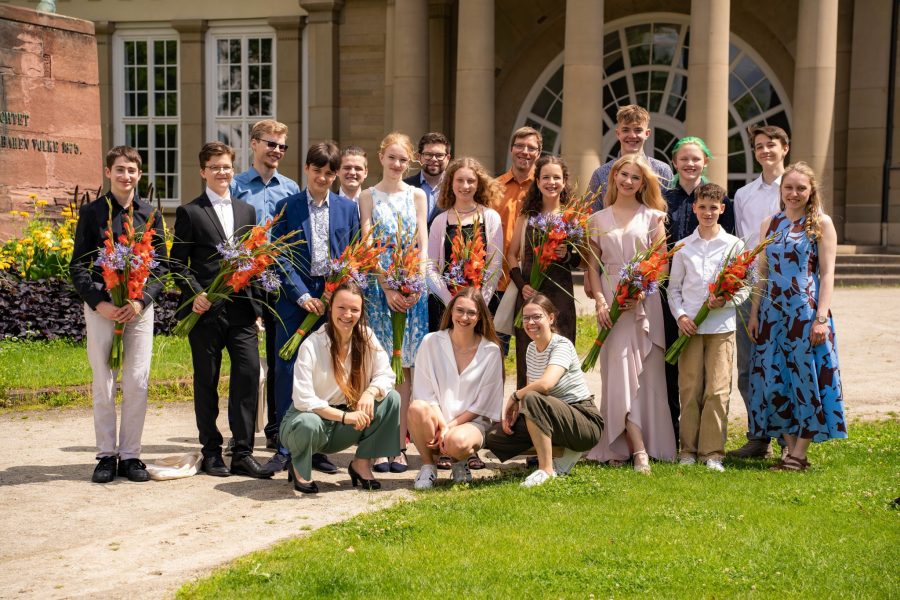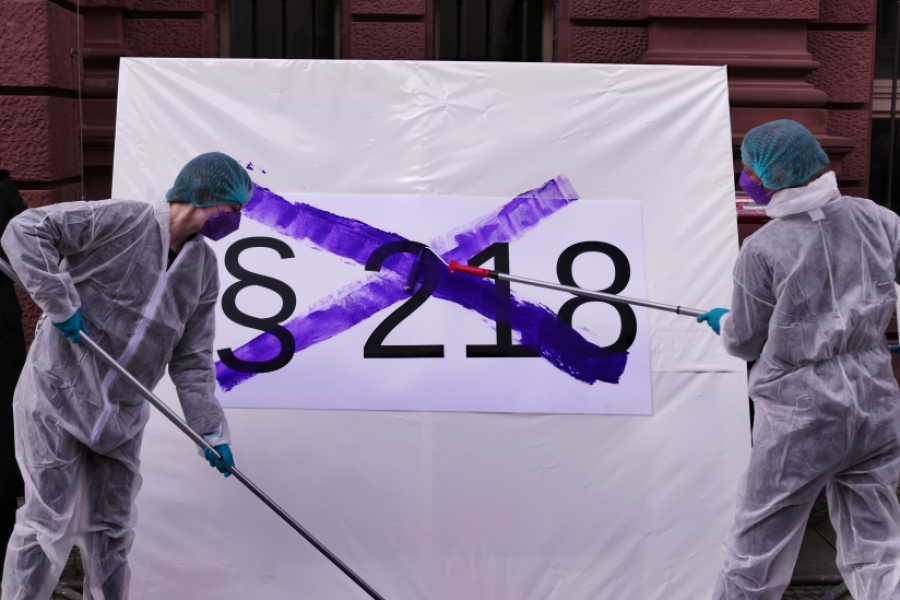Für die diesseits-Ausgabe 132 wurde dieser englische Originaltext überarbeitet und ins Deutsche übersetzt.
Creative expression is central to human civilization: allowing us to hold up a mirror to the world and the ways in which we live; offering an opportunity for connection and understanding. From parietal art, to oral traditions of storytelling, to literature, music, theatre and film, art plays a profound role in our lives.
It is precisely because of its role in society that artistic freedom is enshrined in international law under Article 27 of the Universal Declaration of Human Rights, Article 15 of the International Covenant on Economic, Social and Cultural Rights, and Article 19 of the International Covenant on Civil and Political Rights.
As humanists, we acknowledge the value that artistic and cultural expression brings to our lives, and the important role it plays in promoting mutual understanding, as well as holding those in power to account.
As my colleague, Elizabeth O’Casey, told the UN Human Rights Council, “Cultural diversity brings color to our lives and a greater awareness that we all, regardless of origin, share a common humanity. Artistic and scientific freedom is one of the hallmarks of a free and flourishing society.”
Those who oppose artistic freedom must understand that too, or else why should they seek to silence others? Indeed, reports indicate that artists across the globe are facing increasing pressure.
In October, we learned of the full extent of the life-altering injuries sustained by Salman Rushdie, when an assailant rushed the stage stabbing him some 10 times in the face, neck and abdomen in August this year. Rushdie’s is not an isolated case. Nor is the attempt to silence limited to writers. There are innumerable cases of attempts to silence artists, cartoonists, filmmakers, actors and singers across the globe. For some, the risks outweigh the rewards, and they find themselves self-censoring to ensure their own safety.
Repression comes in many forms, and from both state and non-state actors: it could be through the use of draconian laws – particularly related to national security; or by seeking to undermine the universality of human rights through arguments of cultural relativism; it might be by venues, galleries and exhibition spaces refusing to host certain artists, or members of the public that exert their influence to curtail artistic freedom.
Ever creative, artists often find ingenious ways to get around the censor. I once worked on the case of a writer who published their book with blanks to replace words that would-be censors would have objected to; once approval was obtained and the books printed, they filled in the blanks by hand.
Some artists use pseudonyms to avoid direct association with their work and thus evade reprisals. However, those whose work focuses on the screen or stage do not have this luxury; they are identifiable figures in society and may face higher risks as a result.
In Brazil, productions of The Gospel According to Jesus, Queen of Heaven, which tells the story of a transgender Jesus Christ – written by Scottish playwright Jo Clifford and performed by transgender actress and activist Renata Carvalho – faced unprecedented opposition from both the Evangelical and Catholic Church who sought to have performances cancelled throughout the course of 2018. The play’s opponents resorted to both legal and extralegal measures to prevent performances from taking place.
Art can transcend the confines of linguistic divides; it can convey concepts and ideas, capture the imagination, and evoke emotional reactions, touching far more people more quickly than more traditional media.
A simple image painted on a wall can become a powerful symbol of revolution. In 2011, Sudanese political cartoonist Khalid Albaih’s work chronicling the ‘Arab Spring’ sprung up, stenciled on walls across the Middle East region. Albaih has regularly faced censorship and threats due to his work and currently lives in exile.
Cuba, as we know, is no stranger to censorship and heavy-handed attempts to stifle dissent. In December 2018, the Cuban government brought in Decree 349, which regulates independent artistic production by requiring the registration and prior approval of all artistic activity through a government-affiliated cultural institution, and establishes restrictions on the dissemination of cultural or audio-visual content. Unsurprisingly, the move led to widespread protests, and a subsequent crackdown. Among those detained for protesting the decree is world-renowned artist Tania Brugera.
More recently, in February this year, the United Nations Working Group on Arbitrary Detention ruled that the Cuban State had arbitrarily detained rapper Maykel Osorbo. Despite this, Maykel Osorbo, was sentenced to nine years in prison on 24 June 2022. On the same day, performance artist, Luis Manuel Otero Alcántara, was also convicted and sentenced to five years in prison. Both used their art as a means to draw attention to their concerns regarding the social, political and economic situation in Cuba.
Art that gives voice to the marginalised or calls for the realisation of human rights, is seen as all the more dangerous still.
In Poland, LGBTI+ rights activists Elżbieta Podleśna, Joanna Gzyra-Iskandar, Anna Prus faced charges of “offending religious feelings through public defamation of an object or place of worship,” in connection with the use of posters of the Virgin Mary with a rainbow halo symbolic of the LGBTI+ flag. The activists were eventually acquitted in 2021.
In India, filmmakers must submit their work to a censorship board (CFBC) for prior approval. Filmmakers regularly face the choice between their film not being screened or surrendering to the CBFC’s editorial cuts. For the past five months, I have been working on the case of Leena Manimekalai, an award-winning filmmaker and poet, who has been receiving death threats and facing censorship due to her most recent short film ‘Kaali,’ which portrays the goddess Kali walking the streets of Toronto, Canada, during pride. She is unable to return to home for fear of her immediate arrest as a result of nine separate investigations into the alleged “harm” caused by her film to “religious sentiments”.
In Cyprus, artist George Gavriel faced the prospect of losing his job as a teacher after the Ministry of Education placed him under investigation following complaints that his paintings were derogatory of religion. The paintings in question, which Gavriel describes as “anti-establishment,” are religion-themed: among them, one depicting a naked Jesus and another a dog urinating on the archbishop. Archbishop Chrysostomos is reported to be among the complainants. The case was eventually dropped after a year of investigation.
At the most extreme end of the spectrum of reprisals that artists can face are physical attacks and even killings. Today, Afghanistan is under the de facto rule of the Taliban, who have re-established the Islamic Emirate and re-imposed their strict interpretation of Sharia law.
Bans on technology and the playing of music have been in place in Taliban-controlled areas, such as Helmand or Kunduz provinces, for years; enforced by civilian “police.” Access to technology is tightly controlled in order to prevent individuals watching videos or listening to music. Enforcement has been gradual, building from warnings for infractions towards beatings for repeated rule-breakers.
On 26 August 2021, the Taliban reinstated a country-wide ban on music declaring that it was “forbidden in Islam.” Just two days later, celebrated Afghan folk singer Fawad Andarabi was shot dead at his home in the Andarab Valley in the northern Baghlan province.
Countless writers, musicians and artists – many of whom are freethinkers who have promoted secularism or condemned the perils of extremism in their work – are among the human rights defenders who have sought to flee Afghanistan in order to save their lives.
As you can see from many of the cases above, protecting national security, particularly “traditional values” and “religious harmony,” is often given as the reason to silence those who present an alternative worldview. Those that challenge the orthodoxy, question the status quo, call for change and the extension of rights to all often pay a heavy price.
However, what I hope is also apparent is that the protection and promotion of cultural rights is crucial for the realization of other rights, for holding those in power to account, and for the flourishing of humanity as a whole.
So far this year, Humanists International has received 211 requests for help, among their number are writers, journalists, musicians and artists seeking to live a life true to their values.
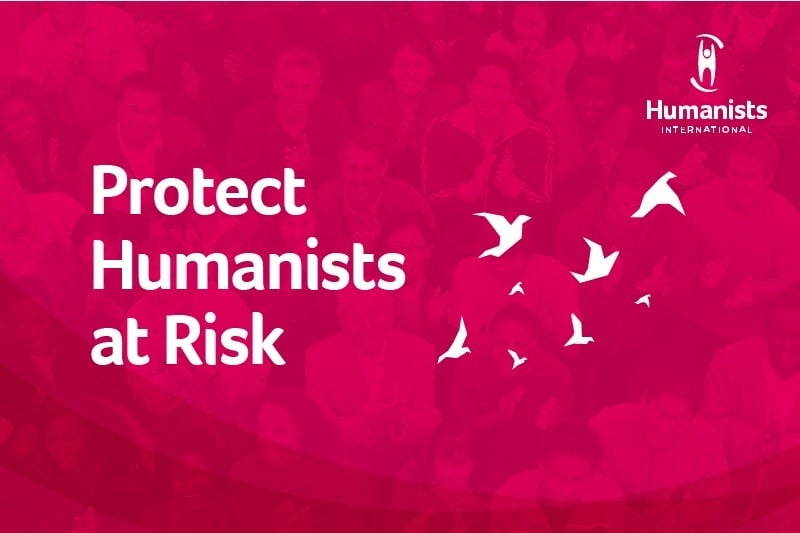 Bild: Humanists International
Bild: Humanists InternationalThe work Humanists International does to protect humanists who face discrimination and persecution for their beliefs, simply would not be possible without the generous donations we receive from our Members and supporters. To find out more and show your support, please visit https://humanists.international/protect

